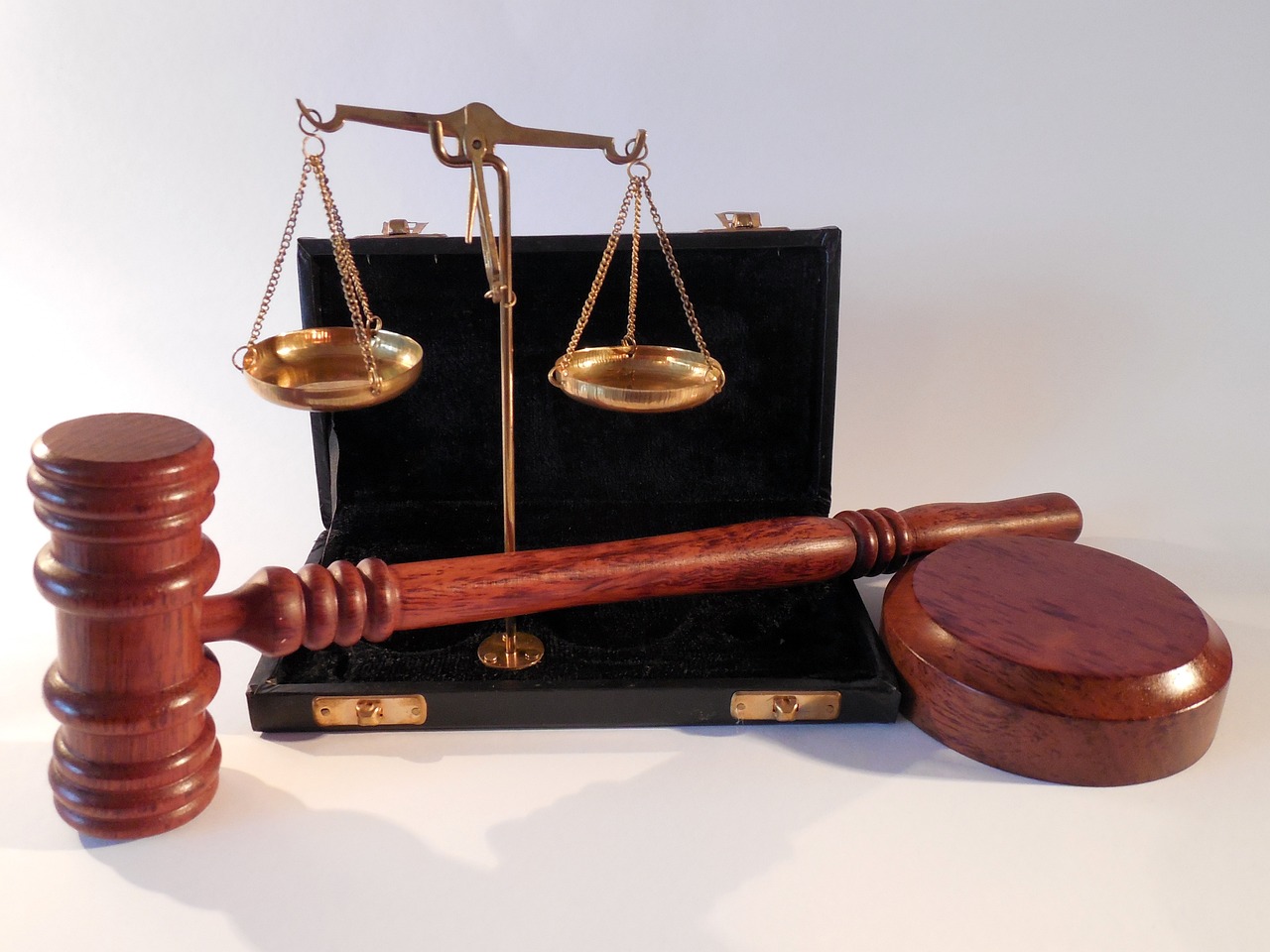Introduction:
How does a lawyer typically approach a new case? The Initial Stages of a New Case When a new case lands on a lawyer’s desk, a methodical process unfolds, transforming an initial inquiry into a carefully crafted legal strategy. Lawyers employ a systematic approach to new cases, ensuring that each matter receives the attention and expertise it deserves.
How does a lawyer typically approach a new case?
- Intake and Initial Assessment:
The first step involves gathering information about the case, understanding the client’s concerns, and assessing the potential legal issues involved. This initial intake often includes a client interview, review of any available documents, and preliminary legal research.
- Identifying Legal Issues and Theories:
Once the lawyer has a grasp of the case’s facts and circumstances, they begin to identify the key legal issues that will govern the case. This involves analyzing the applicable laws, regulations, and case precedents to determine the legal theories that will support the client’s position.
- Conducting Legal Research and Drafting Memoranda:
Thorough legal research is a cornerstone of a lawyer’s approach to new cases. Lawyers delve into legal databases, case precedents, and scholarly articles to identify relevant legal principles, arguments, and potential defenses. These findings are often documented in legal memoranda, which serve as roadmaps for the lawyer’s strategy.
- Analyzing Evidence and Assessing Potential Outcomes:
Lawyers carefully review and analyze all available evidence, including documents, witness statements, and physical exhibits. They assess the strength of the evidence, identify potential weaknesses, and evaluate the likelihood of success at trial.
- Developing Case Strategy and Tactics:
With a comprehensive understanding of the case’s facts, legal issues, and evidence, the lawyer develops an overarching case strategy. This strategy outlines the overall approach to the case, the arguments to be presented, and the order in which evidence will be introduced. Specific tactics are then devised to implement the strategy effectively.
- Communicating with Clients and Setting Expectations:
Clear and consistent communication with clients is essential throughout the legal process. Lawyers explain the legal issues involved, discuss potential outcomes, and set realistic expectations regarding the course of the case.
- Engaging in Pre-Trial Discovery and Negotiations:
Pre-trial discovery involves the exchange of information between parties, such as documents, witness lists, and expert reports. Lawyers review this information to identify strengths and weaknesses in their case and to prepare effective cross-examination questions. Additionally, lawyers may engage in settlement negotiations at various stages of the case, attempting to reach a mutually agreeable resolution without going to trial.
- Preparing for Trial and Anticipating Challenges:
If the case proceeds to trial, lawyers meticulously prepare their arguments, evidence, and witness examinations. They anticipate potential challenges from the opposing party, formulate counterarguments, and prepare strategies to address unexpected issues.
- Adapting to Unforeseen Developments:
Trials are inherently unpredictable, and lawyers must be prepared to adapt to unforeseen developments and changes in circumstances. They must remain composed, think on their feet, and adjust their strategies as needed to protect their clients’ interests.
Conclusion:
In conclusion, approaching a new case demands a systematic, strategic, and client-centric approach. Lawyers must carefully analyze the facts, identify legal issues, conduct thorough research, develop a sound strategy, and communicate effectively with clients. By meticulously preparing every aspect of the case, lawyers can confidently represent their clients and seek justice in the courtroom.
Question 1: What are the initial steps that a lawyer typically takes when they receive a new case?
Answer: When a lawyer receives a new case, their initial steps typically involve:
Gathering information about the case: This includes reviewing any available documents, such as police reports, medical records, or contracts, as well as interviewing the client to obtain their account of the facts.
Identifying the legal issues involved: This involves analyzing the facts of the case and determining the applicable laws and regulations.
Conducting preliminary legal research: This involves researching case precedents, statutes, and other legal authorities to get a general understanding of the law and how it might apply to the case.
Assessing the potential strengths and weaknesses of the case: This involves evaluating the evidence, identifying potential legal arguments, and considering any potential defenses.
Question 2: What are some of the key factors that a lawyer considers when developing a case strategy?
Answer: When developing a case strategy, a lawyer typically considers the following factors:
The facts of the case: The lawyer must have a strong understanding of the facts of the case in order to develop a persuasive legal argument.
The applicable law: The lawyer must identify the laws and regulations that apply to the case and understand how they will be interpreted by the court.
The strength of the evidence: The lawyer must assess the strength of the evidence that is available to support their client’s case.
The potential defenses that the opposing party may raise: The lawyer must consider the potential defenses that the opposing party may raise and develop strategies to address them.
The client’s goals: The lawyer must understand what the client hopes to achieve in the case and develop a strategy that is consistent with those goals.
Question 3: How does a lawyer typically prepare for trial?
Answer: A lawyer’s preparation for trial typically involves the following steps:
Conducting additional legal research: The lawyer will conduct more in-depth legal research to identify relevant case precedents, statutes, and other legal authorities.
Preparing witness examinations: The lawyer will interview and prepare witnesses to testify at trial.
Organizing exhibits: The lawyer will organize and prepare exhibits to be introduced at trial.
Drafting and filing motions: The lawyer may draft and file motions with the court to address legal issues or to seek rulings that could impact the outcome of the case.
Practicing opening statements and closing arguments: The lawyer will practice their opening statement and closing argument to ensure that they are persuasive and well-organized.
Anticipating objections from the opposing party: The lawyer will anticipate potential objections from the opposing party and prepare strategies to respond to them.
